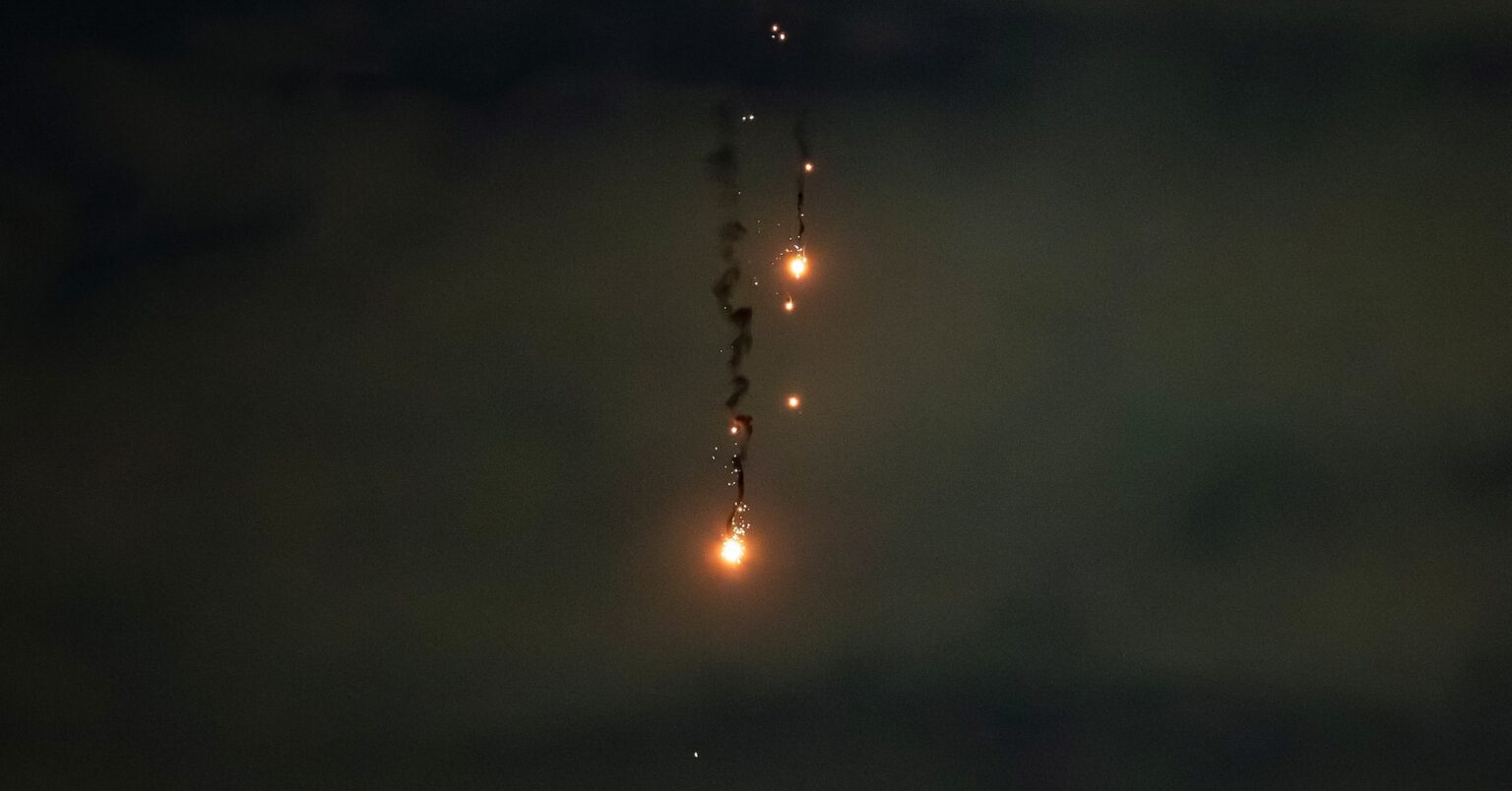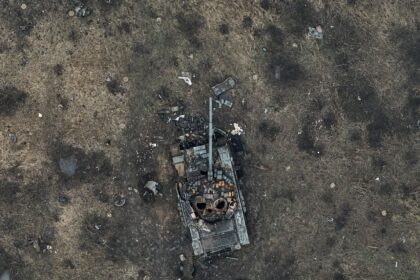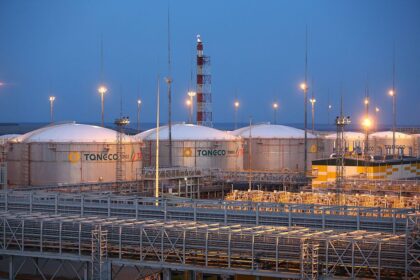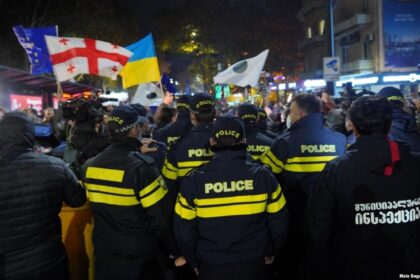**China’s Secret Drone Engine Deal with Russia Exposed**
In a shocking revelation, Reuters has uncovered that Chinese-made engines are being secretly shipped to a Russian state-owned drone manufacturer, despite Western sanctions. The engines, labeled as “industrial refrigeration units” to avoid detection, have enabled the production of thousands of Garpiya-A1 attack drones.
**Russia’s Drone Production Booms**
According to internal documents reviewed by Reuters, IEMZ Kupol has signed a contract with the Russian defense ministry to produce over 6,000 Garpiyas this year. This is up from 2,000 in 2024 and comes despite US and EU sanctions designed to disrupt its supply chain. The Ukrainian military intelligence agency has stated that Russia is deploying around 500 of these drones per month to attack civilian and military targets deep within Ukrainian territory.
**Western Sanctions Fail to Halt Drone Production**
In September last year, Reuters reported that Kupol was producing the Garpiya using Chinese technology, including L550E engines made by Xiamen Limbach Aviation Engine Co. However, following the report, several companies involved in producing the drones were sanctioned by the US and EU. In response, a new Chinese firm called Beijing Xichao International Technology and Trade has started supplying the L550E engines to Kupol.
**China’s Response**
When asked for comment, China’s foreign ministry stated that it was unaware of the export of parts for the Garpiya and that it had controlled foreign sales of dual-use goods in line with its own laws and international obligations. However, Meia Nouwens, a senior fellow at the London-based International Institute for Strategic Studies (IISS), pointed out that China’s prime concern is to help sustain Russia’s war effort in Ukraine.
**European Union Concerns**
The European Commission President, Ursula von der Leyen, will travel to China for a summit with Chinese President Xi Jinping and Premier Li Qiang on Thursday. The EU has repeatedly imposed sanctions on companies in third-party countries, including China, alleged to have provided dual-use technology to Russia. Kaja Kallas, the EU’s top diplomat, recently told Chinese Foreign Minister Wang Yi that Chinese firms’ support for Russia posed a threat to European security.
**Commentary**
This latest development highlights the complexity of international sanctions and their potential loopholes. While Western powers are trying to disrupt Russia’s supply chain, China is finding ways to circumvent these restrictions. This will likely further exacerbate tensions between the US, EU, and China in the coming days.
In an interview with Reuters, Meia Nouwens stated that “China’s prime concern was to help sustain Russia’s war effort to ensure the United States remained focused on Ukraine.” She also pointed out that this move would not bring China and Europe closer together diplomatically. This is a worrying trend for global stability.
The fact that China has been able to ship engines to Russia through intermediaries, labeling them as “cooling units,” is a testament to the resourcefulness of both countries in finding ways to circumvent sanctions. However, it also raises questions about the effectiveness of these restrictions and their potential impact on future conflicts.
As tensions between major world powers continue to escalate, one thing is clear: the global landscape has changed forever, and we are now living in a more complex, interconnected, and potentially volatile world.
**What’s Next?**
The implications of this revelation will likely be far-reaching. The EU and US may need to reassess their sanctions policies and explore new ways to prevent the transfer of dual-use technology to Russia. Meanwhile, China is likely to face increased pressure from Western powers to strengthen its customs and financial controls to reduce the flow of specific dual-use goods.
The world will be watching closely as this story unfolds, and one thing is certain: the stakes have never been higher in international relations.
**Sources**
* Reuters
* European Union
* International Institute for Strategic Studies (IISS)












